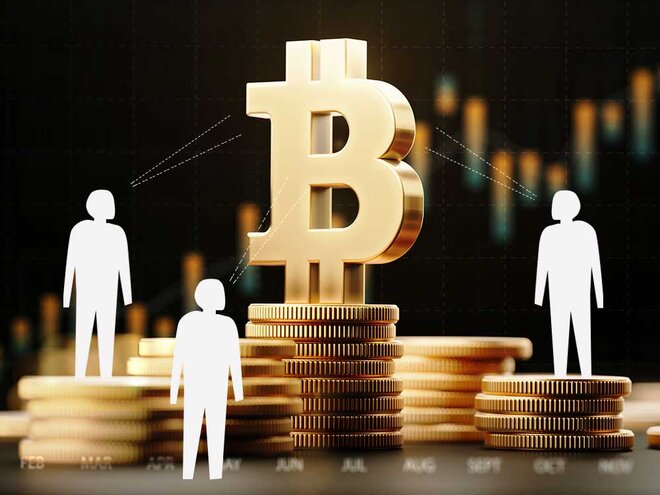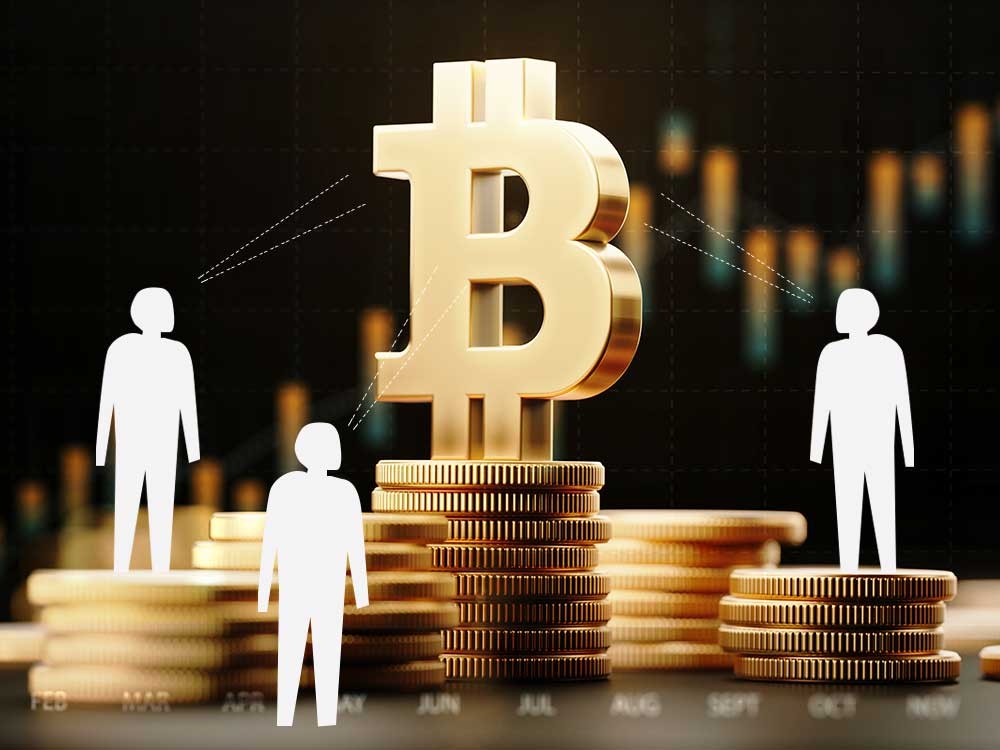
The Bitcoin boys are full of josh again. They are convinced that the repeated bull runs in Bitcoin prove that it's a real asset class and worthy of investing in and that every sceptic will be proved wrong. As someone who has publicly denounced the idea of taking Bitcoin as a serious investment, I'm getting a certain amount of stick on Twitter and my email. It's quite interesting that most of those who feel vindicated about Bitcoin believe that a repeated rise in the price of Bitcoin proves something.
However, people like me are sceptical about Bitcoin not because its price keeps coming back to new highs repeatedly. The reason why Bitcoin cannot be taken seriously has nothing to do with its price. Instead, I do not consider it to be a legitimate investment for the precise reason that Bitcoin zealots think it's such a great thing.
Broadly, there are three types of views about Bitcoin. One, there are those who think it's such a great thing because it's independent of any government. This category of Bitcoin believers consider currency by government fiat to be the worst possible thing and think that Bitcoin (or other cryptocurrencies) are the obvious alternatives. With arguments that somewhat resemble those that advocate a universal gold peg for all money, they argue that a currency that is independent of governments and central banks and dependent only on its own supply and demand would solve many economic problems. Not just economic problems, but myriad other problems relating to surveillance and privacy and such.
Then, there are people to whom nothing matters except that the numbers go up from time to time. As long as the line of the graph is pointing in the correct direction, they feel that is all the vindication that Bitcoin needs.
The third group holds the exact reverse view from the first one, which is that Bitcoin is useless precisely because governments and central banks are NOT involved. Practically speaking, for something to be money, it needs someone to stand behind it in law and practice. Whether you consider it to be a currency or an asset, it's hard to see how something that neither has intrinsic value like a commodity or a currency issued by someone can effectively function in either of these roles. The SEBI chief recently indicated that some kind of regulations would come but that the nature of regulation would depend on whether it is being treated as legal tender or as an asset class.
In practice, cryptocurrencies burnt enough Indian who were dabbling in it in the last wave. All sorts of charlatans have popped up during 2016-17. There were apps and websites where you could 'buy' Bitcoin but they also claim to store it for you. None of these offered no provenance of any underlying transaction or ownership. That was quite ironic because the whole point of Bitcoin's existence is supposed to be that it offers an ironclad, independently verifiable proof of ownership. And yet, in the way it is accessed by individuals, it is quite the opposite. There is some entity, a kind of a broker who does the trading and holds it for you. The only difference with regular asset classes is that this broker is a self-declared entity and as it disappeared and the apps stopped working, there was little to do except delete them from the phone and forget about the whole experience.
To be a savings and investment vehicle, a financial asset needs an enforceable regulatory infrastructure. An asset class which, at its root, exists because there is no such enforcer is avoidable in such a fraud-prone environment.
At the end of the day, for an individual who is earning and saving and investing for the future, Bitcoin is like a solution looking for a problem. Maybe some people will get rich trading in it. However, if you are wrong about something you avoid, you don't make any losses. But if you are wrong about something that you get involved in, then you really can make losses.

